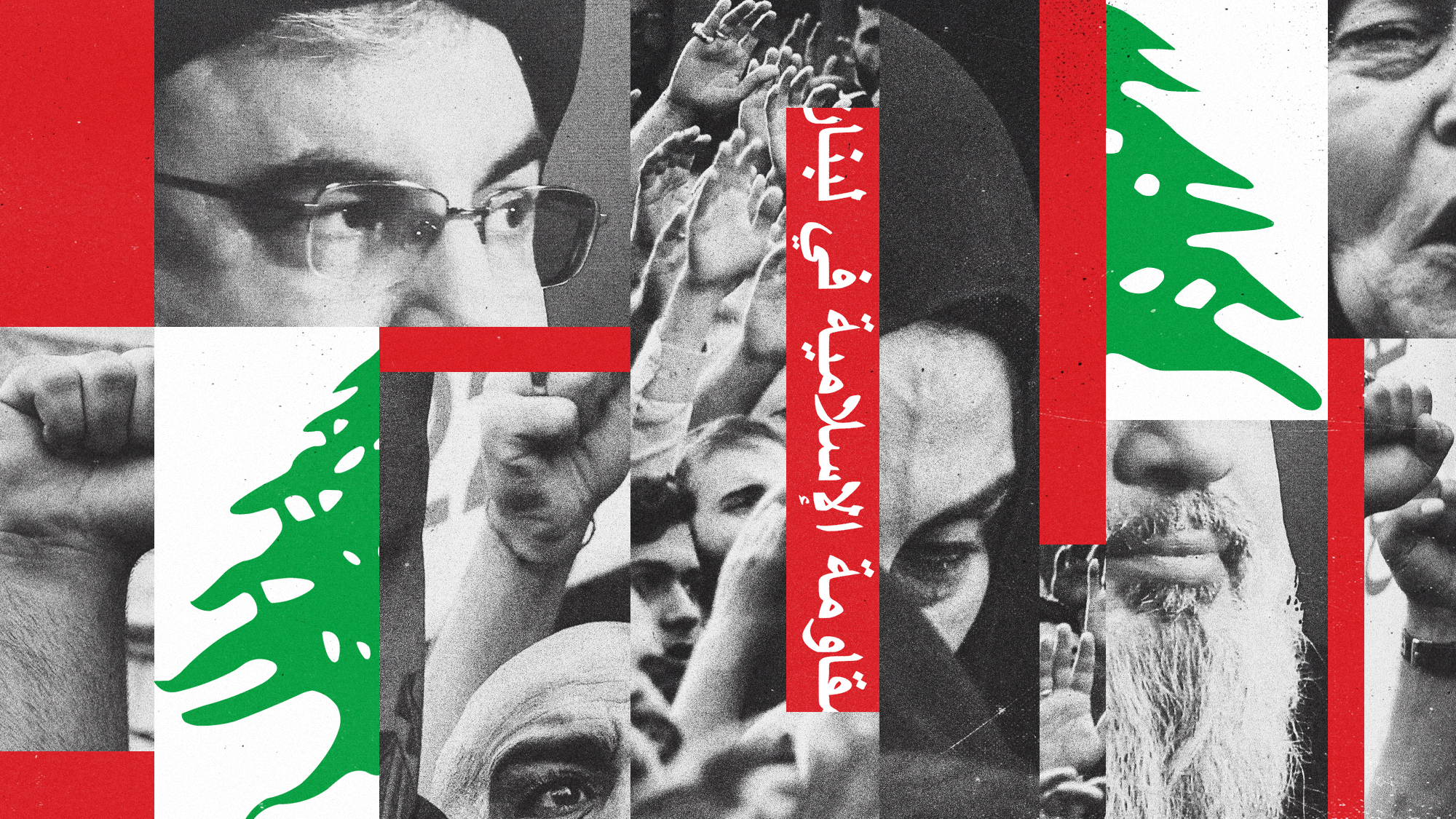How much support does Hezbollah have in Lebanon?
'Political and social powerhouse' is backed along sectarian lines, though all sides are likely to rally behind the group should war with Israel break out

A free daily email with the biggest news stories of the day – and the best features from TheWeek.com
You are now subscribed
Your newsletter sign-up was successful
The imminent risk of all-out war between Israel and Hezbollah has put renewed focus on the Lebanese militia group and its role – and support – within the deeply divided country.
Dubbed a "state within a state", Hezbollah has "several concerns" to bear in mind when it comes to deciding its next steps, Jon Alterman, from the Center for Strategic and International Studies, told Vox.
The first is "maintaining Iranian support" and staying "aligned with Iran's assessments and regional strategy". The other is domestic. It's estimated that 85% of Lebanese people are now living below the poverty line. "The country's been reeling economically, and if Hezbollah seems to invite a devastating Israeli assault on Lebanon, then some number of Lebanese would consider that reckless and damaging," Alterman said.
The Week
Escape your echo chamber. Get the facts behind the news, plus analysis from multiple perspectives.

Sign up for The Week's Free Newsletters
From our morning news briefing to a weekly Good News Newsletter, get the best of The Week delivered directly to your inbox.
From our morning news briefing to a weekly Good News Newsletter, get the best of The Week delivered directly to your inbox.
What did the commentators say?
Hezbollah is "one of the most heavily-armed, non-state military forces in the world", said the BBC. Funded and equipped by Iran, the Shia group has been designated a terrorist organisation by the US and other Western governments, as well as by Israel, Gulf Arab countries and the Arab League.
Within Lebanon, however, it operates as a "legal political party and as a security force", effectively governing large swathes of the country in the south and east, said Foreign Affairs.
Over three decades, Hezbollah has become a "political and social powerhouse" in Lebanon, said The Guardian, "running medical clinics, schools, a regional television network and even a hilltop museum that has been popular with European tourists".
Yet the popularity of Hezbollah among Lebanese citizens remains "sharply divided across sectarian lines", according to polling carried out earlier this year by The Washington Institute think tank. Whereas 93% of Shias expressed a positive view of Hezbollah, with 89% saying they have a "very positive" opinion, only 34% of Sunnis and 29% of Christians said the same.
A free daily email with the biggest news stories of the day – and the best features from TheWeek.com
A nationally representative survey by Arab Barometer, carried out between February and April 2024, drew a similar conclusion. Despite Hezbollah's significant influence in the country, just 30% say they have "quite a lot or a great deal" of trust in the organisation. Once again levels of trust vary greatly by sect.
What next?
In October 2019, Hezbollah became a target of mass protests after "government mismanagement and years of slow growth" had saddled Lebanon with one of the world's highest public debt burdens, said the Council on Foreign Relations. "Hundreds of thousands of Lebanese citizens disillusioned by the economic slump called for the government, including Hezbollah, to cede power to a new, technocratic leadership."
But the war in Gaza has changed public perception of the group. Both the Washington Institute poll and the Arab Barometer survey recorded a jump in approval since they were last carried out in 2020 and 2022 respectively, despite Lebanon's recent economic and political woes. Tellingly, support for Hezbollah – specifically its role in regional politics – has risen not just in the Shia population but across other major sects in the country.
This "likely points to sympathy for Hezbollah's stance toward Israel rather than deep support for the group itself", said Foreign Affairs. Still, if Israel invades Lebanon to attack Hezbollah, support for the organisation would "likely rise further".
Lebanon's major communities have "largely been consistent in urging restraint and would prefer to see Hezbollah avoid a war with Israel", said Rola El-Husseini, an associate professor from Lund University in Sweden, on The Conversation. But should war break out, the various Lebanese sects will "probably all rally around Hezbollah, as was the case in 2006".
Elliott Goat is a freelance writer at The Week Digital. A winner of The Independent's Wyn Harness Award, he has been a journalist for over a decade with a focus on human rights, disinformation and elections. He is co-founder and director of Brussels-based investigative NGO Unhack Democracy, which works to support electoral integrity across Europe. A Winston Churchill Memorial Trust Fellow focusing on unions and the Future of Work, Elliott is a founding member of the RSA's Good Work Guild and a contributor to the International State Crime Initiative, an interdisciplinary forum for research, reportage and training on state violence and corruption.